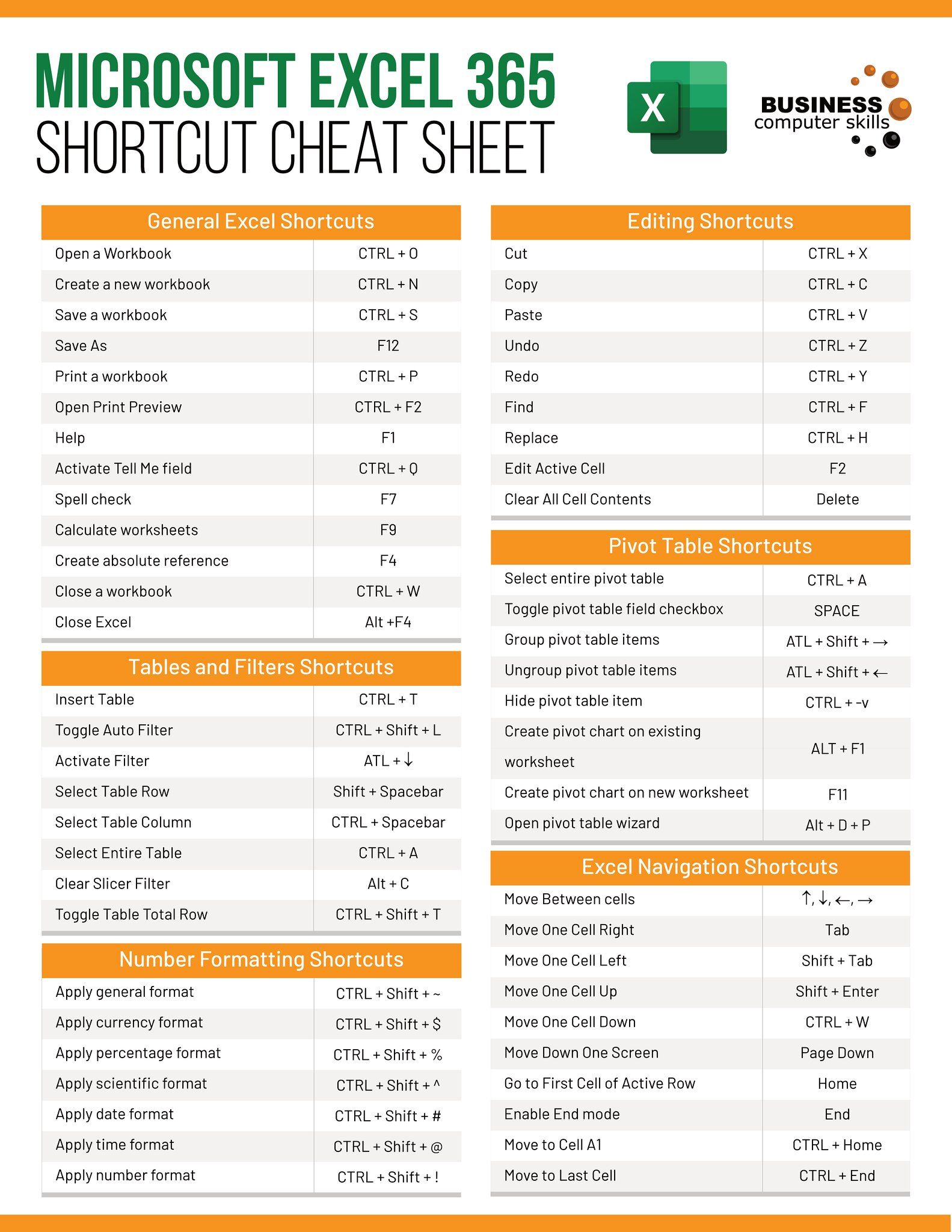5 Reasons to Use Excel Daily for Better Productivity

Excel, developed by Microsoft, has long been a staple in the world of productivity software. Renowned for its versatility, Excel is not just a tool for accountants and data analysts but for anyone looking to enhance their efficiency in various personal and professional tasks. Here are five compelling reasons to incorporate Excel into your daily routine:
1. Streamlined Data Management

Excel’s primary function is to organize, analyze, and store data efficiently:
- Easy Data Entry: With features like AutoFill, Flash Fill, and built-in data validation, Excel simplifies data input.
- Data Sorting and Filtering: Effortlessly manage large datasets by sorting, filtering, or grouping your data, making it easier to find, update, or analyze information quickly.
- Data Visualization: Turn your data into charts, graphs, and pivot tables, which are crucial for presentations or reports.
🔍 Note: Excel's data management capabilities extend beyond basic spreadsheets, allowing for complex data operations like VLOOKUP, INDEX, and MATCH functions for more advanced users.
2. Advanced Calculations and Automation

Excel’s calculation prowess transforms it into a powerful tool for problem-solving:
- Formulas and Functions: From simple arithmetic to complex financial modeling, Excel provides a vast array of functions.
- Macros and VBA: Automate repetitive tasks by recording macros or writing custom scripts with Visual Basic for Applications (VBA).
- What-If Analysis: Tools like Goal Seek, Scenario Manager, and Solver help in data analysis and decision-making.
3. Time Management and Task Tracking

Excel can be an excellent ally for managing time and tasks:
- Task Lists: Create to-do lists with priorities, deadlines, and status updates.
- Gantt Charts: Visualize project timelines using Excel’s bar chart features.
- Time Tracking: Track work hours, project time allocation, or even personal time management with custom templates.
| Task | Deadline | Status |
|---|---|---|
| Weekly Report | Friday | In Progress |
| Project Meeting | Next Monday | Pending |
| Marketing Analysis | End of Month | Complete |

4. Financial and Personal Budgeting

For anyone managing finances, Excel is indispensable:
- Budget Templates: Use pre-built or custom budget templates to keep track of income, expenses, and savings goals.
- Financial Forecasting: Project future financial scenarios with Excel’s forecasting tools.
- Tax Preparation: Organize receipts and financial documents, calculate taxes, and prepare reports for tax advisors or accounting.
5. Data Analysis and Decision Support

Excel can be your go-to for data-driven decision-making:
- Pivot Tables: Summarize, analyze, explore, and present your data effectively.
- Data Mining: Perform text analysis, statistical analysis, or apply machine learning algorithms to your data.
- Decision Trees and SWOT Analysis: Visualize complex decision scenarios or strategic planning with in-built or add-in tools.
In summary, incorporating Excel into your daily routine can significantly boost productivity across various aspects of work and life. From managing data and automating tasks to financial planning and decision support, Excel's capabilities are vast. By mastering Excel, you'll gain control over your time, resources, and decisions, leading to a more organized and efficient lifestyle.
How can I start learning Excel effectively?

+
Begin with the basics: understanding cells, rows, columns, and basic formulas. Online tutorials, free courses from platforms like Coursera or Udemy, and official Microsoft training materials are excellent resources.
Can Excel help with project management?

+
Yes, Excel provides tools like Gantt charts, task lists, and the ability to track project phases and milestones, making it suitable for basic project management needs.
Is Excel good for financial modeling?

+
Excel is widely used for financial modeling due to its ability to handle complex calculations, incorporate assumptions, and visualize data, which is crucial in financial planning and analysis.